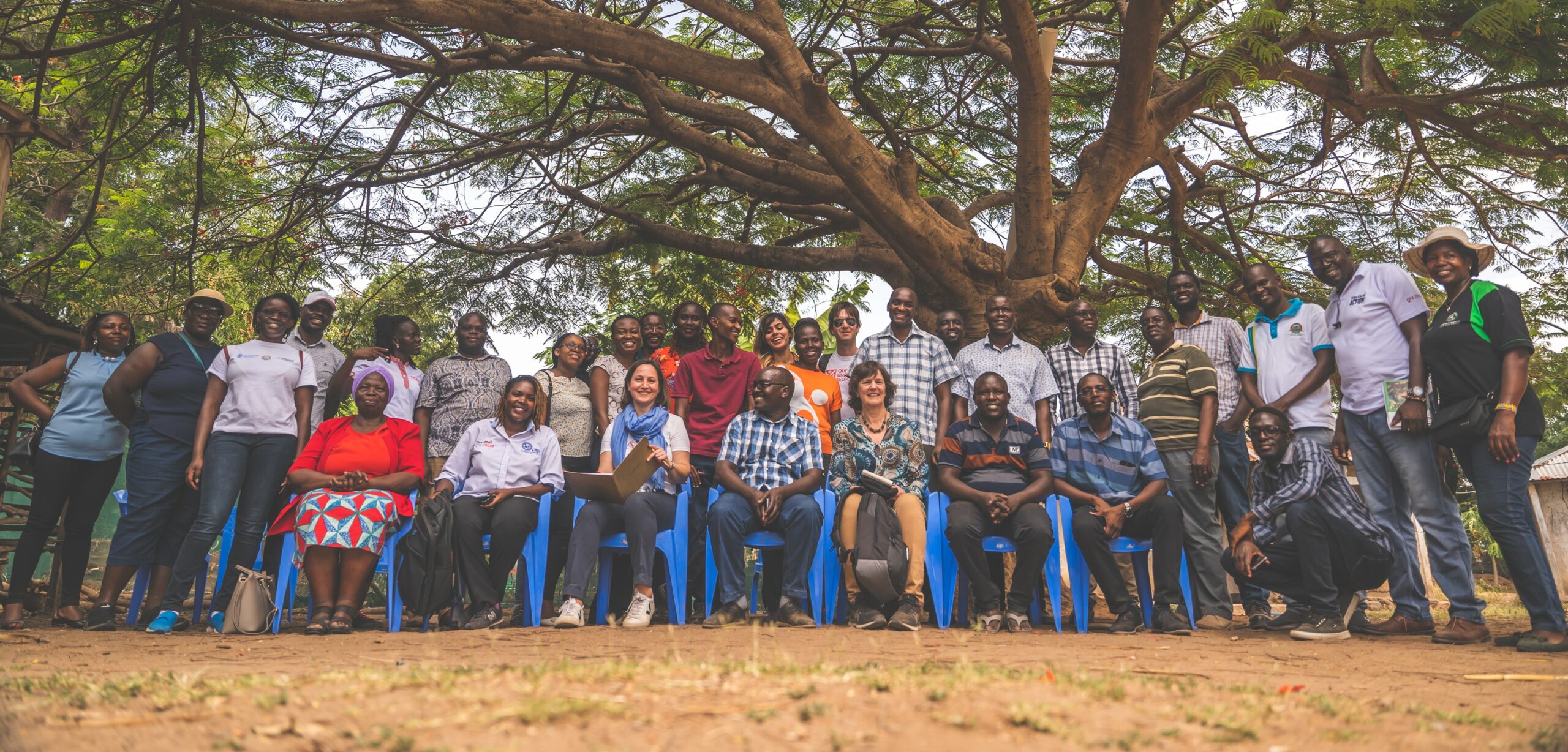We need innovations that leave the world in a better place than they have done previously. This means we need researchers able to balance tensions between environmental sustainability, public benefit, and economic growth.
Acknowledging that science and technology are separate neither from society nor the environment – but part of them – confers a social responsibility on them. We believe that it is of crucial importance that our project partners, be it scientists, researchers, industry professionals, or other stakeholders involved in the research & development activities think about:
- the potential directions of research being taken;
- who might benefit and who might not from new inventions; and
- how consideration of the potential social, environmental and ethical issues can be considered throughout the research, development, and innovation processes.
In our practice, Responsible Research and Innovation (RRI) is not about adjudicating what is ‘good ’or ‘bad’, ‘positive ’or ‘negative’, or ‘responsible ’or ‘irresponsible’. Instead, we offer techniques, tools, and frameworks to think about questions of social responsibility to ensure that project partners do not lose sight of the broader contexts in which they do science, technology, and innovation.
Therefore, as project partners we offer customized frameworks and methodologies to address the social, environmental, political, cultural, or ethical dimensions of the proposed research & development activities in line with the four dimensions:
- Anticipation: With project partners we thrive to map the plausible intended and unintended effects of the research & development work. We develop a strategy and deliver customized workshops for continuous ethics assessment and assurance in projects. Anticipation is not about exhaustively predicting all outcomes but about building a sense of preparedness so that potential downsides can be addressed as they are foreseen and arise.
- Inclusion: We provide people-centred methodology to encourage researchers and developers to engage with people, i.e., citizens, future users, interest groups or potentially concerned groups to gain insights about the application contexts and what desirable trajectories would be. We move the engagement beyond dissemination or outreach to pursue a two-way exchange of information and knowledge valorisation.
- Reflexivity: With guided discussions and customized ethics workshops we create specific opportunities for researchers and developers to critically consider and continuously re-assess the underlying assumptions and values driving their projects.
- Responsiveness: With continuous group assessments we aim to demonstrate that research, development, and innovation are processes of exploration and learning that – if needed – need to change course if any of the above dimensions (anticipation, inclusion, or reflexivity) generate new knowledge, identify public concerns, or reveal potential harms.
Practices
Ethics advisors
In Horizon 2020 and Horizon Europe projects (crossCert, UCert, NRG2Peers, Infinite, ReModulees, BUSLeague, Drive0, Compile) we organize and lead specific tasks for ethics assessment and assurance. In addition, our employees work as external ethics advisors, who oversee and guide the overall research & development work in line with ethics principles. At the beginning, we prepare with project partners an ethics assurance strategy, which is implemented on a continuous basis though customized ethics assessment workshops. In project deliverables we evaluate the research & development processes considering the ethical issues and provide recommendations for improvement.
Experts for knowledge valorisation
Being part of the European Commission Core group of the Community of Practice on citizen engagement we influenced the development of the Code of practice for knowledge valorisation. The code provides the guidance on the implementation of knowledge valorisation strategies, tools and practices in research & development projects and initiatives. We provided our best practice examples supporting citizen engagement for knowledge valorisation that involve creating opportunities for citizens to actively participate in the process of generating, sharing, and utilizing knowledge.
Partners for assuring Responsible Research & Innovation
In EU projects, we implement RRI tasks to ensure that the researchers do not lose sight of the broader (societal, cultural, political) context in which the research is being carried out. In the first step, we conduct a set of initial exploratory interviews and mapping sessions to identify the relevant stakeholders (e.g., future users, interest and concerned groups) that might benefit or be impacted by the research activities in the near or medium future. Through a set of iterative co-design workshops involving design anthropology methods (such as speculative design, mapping, ideation sessions, concept prototyping) we involve the stakeholders in the co-creation of relevant societal, environmental, ethical, and political insights that could potentially influence the course or nuances of the project. We investigate and co-design the different future scenarios of how emerging inventions could be reshaping the everyday lives of stakeholders and citizens in general. The data is analysed, and the outcomes are compiled into project deliverables, involving a set of recommendations for ongoing project research and development tasks, as well as providing valuable inputs for project communication activities.
Gender Equality Plan
As an associate member of the University of Ljubljana, IRI UL is commited to adhering to the Gender Equality Plan of the University of Ljubljana, which aims to ensure a working and study environment sensitive to gender and other forms of discrimination or bias.

